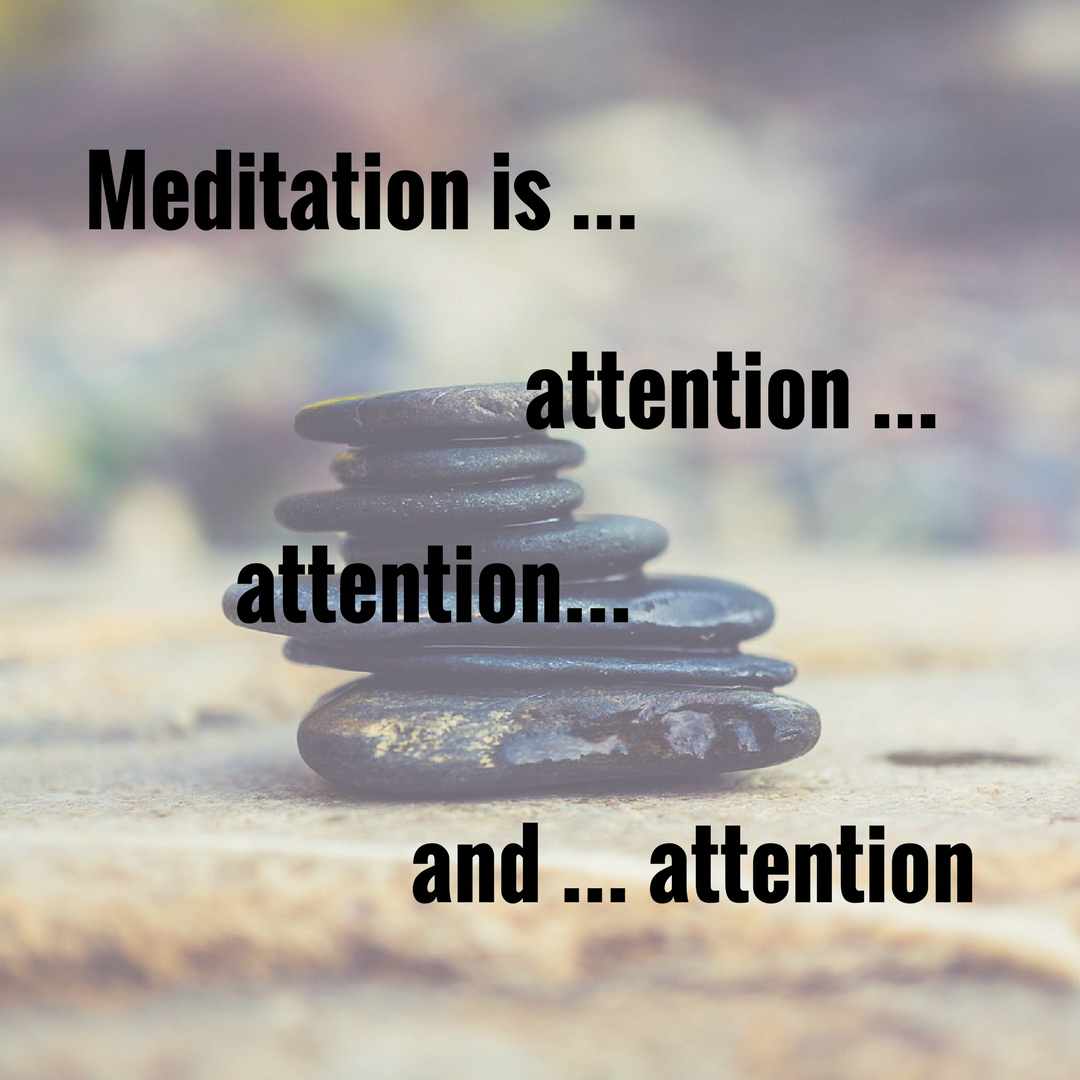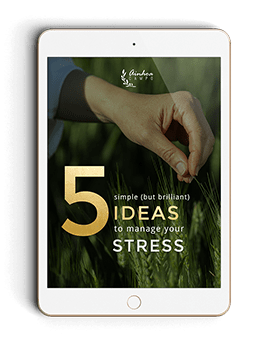
¿La ansiedad y el estrés te superan?
Aprende a manejarlos con mi newsletter y empieza con mi eBook GRATUITO
*Los datos personales que proporcionas al suscribirte, serán tratados conforme la normativa vigente de Protección de Datos (LOPD y RGPD) y gestionados en un fichero privado por Ainhoa Campo Barasoain, responsable de www.ainhoacampo.com. La finalidad de la recogida y tratamiento de los datos, es para enviarte mis publicaciones, promociones y contenidos exclusivos para suscriptores. La legitimación se realiza a través de tu consentimiento expreso. No introducir tus datos, tendrá como consecuencia el no poder atender tu solicitud. Los datos que facilites, estarán ubicados en los servidores de Active Campaign (proveedor de email marketing) ubicados en EEUU y acogidos al EU Privacy Shield. Puedes ver su política de privacidad aquí. Puedes ejercer tus derechos de acceso, rectificación, oposición y/o eliminación de tus datos, enviando un email a info@ainhoacampo.com. Tienes toda la información en nuestra Politica de Privacidad.



